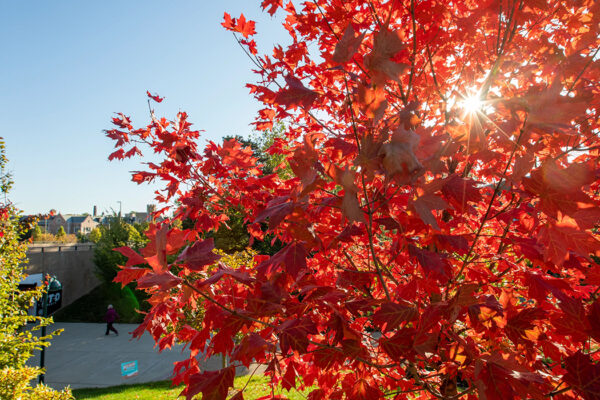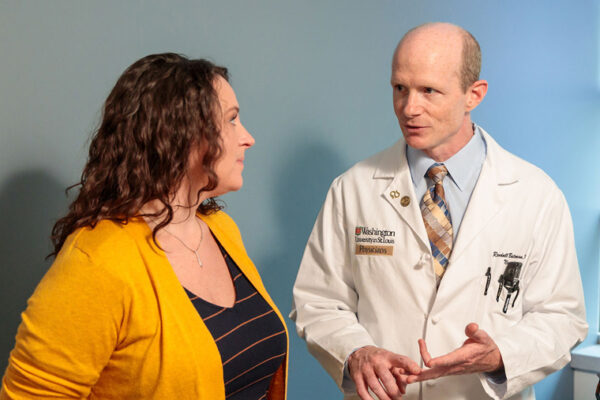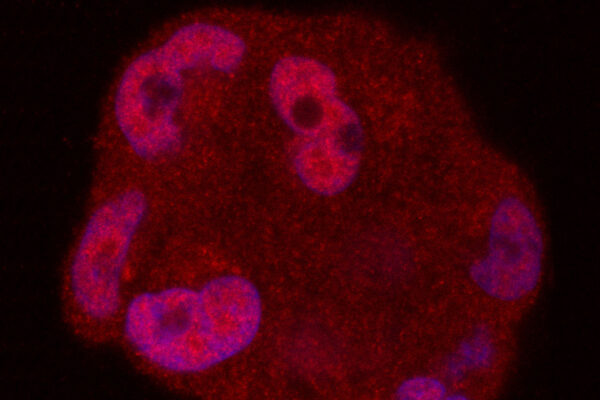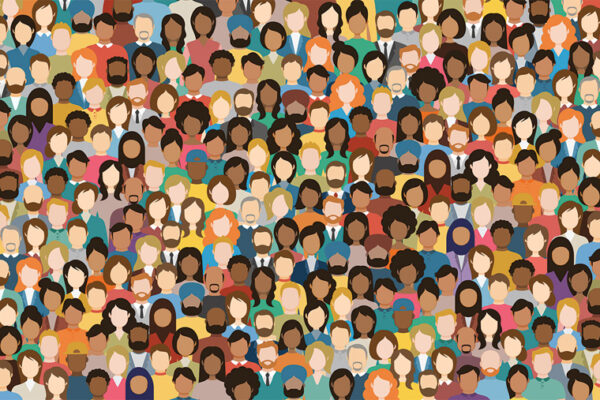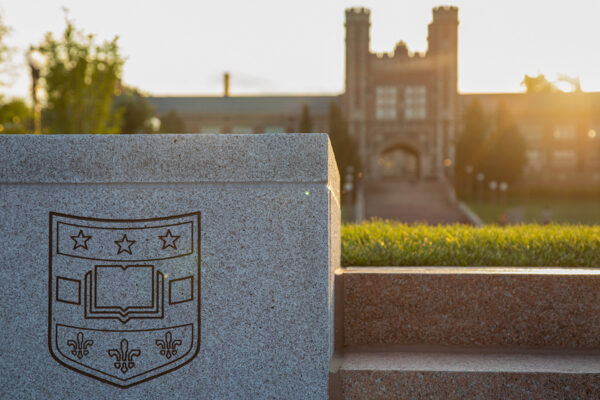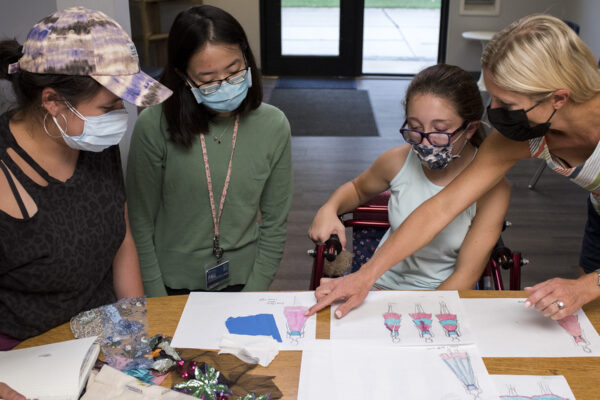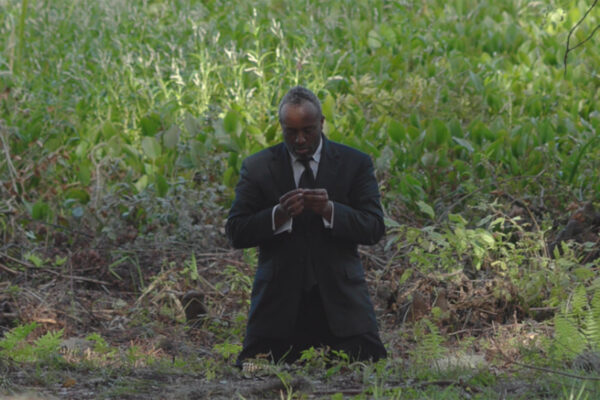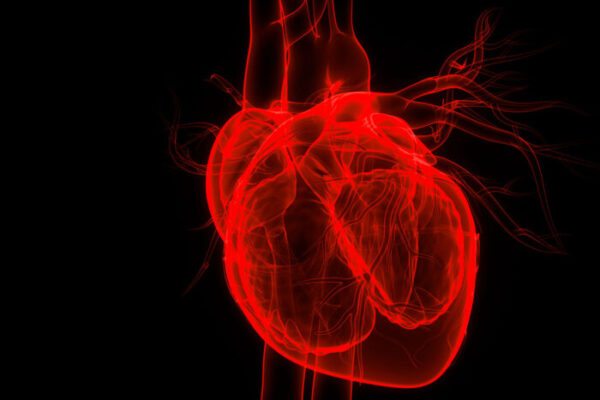Why is the North American fall so red, compared with Europe?
Each fall, the leaves of almost half of North America’s species of trees and shrubs turn red. Biologist Susanne S. Renner at Washington University in St. Louis helps explain why the North American fall is so red, compared with Europe, and also what changes to fall foliage we can expect under climate change.
International Alzheimer’s clinical trial to test two drugs in combination
The Dominantly Inherited Alzheimer Network Trials Unit (DIAN-TU) at Washington University School of Medicine has announced that it will be targeting two key Alzheimer’s proteins — amyloid and tau — as part of its Tau Next Generation Alzheimer’s prevention trial.
New strategy against treatment-resistant prostate cancer identified
A study from Washington University School of Medicine has identified an RNA molecule that suppresses prostate tumors. According to the research, restoring this so-called long noncoding RNA could be a new treatment strategy.
Cancer moonshot grant funds research into reducing health disparities
Washington University School of Medicine has received a $17 million grant from the National Institutes of Health (NIH) to address disparities in cancer research, treatment and outcomes in underrepresented populations.
Board grants faculty appointments, promotions, tenure
At the university’s recent Board of Trustees meeting, numerous faculty members were appointed or promoted with tenure or granted tenure, with most new roles taking effect Oct. 1.
Adaptive measures
Through the innovative ‘Made to Model’ program, WashU students are producing, designing and creating formal fashion for St. Louis-area kids who might otherwise be overlooked.
Sheldon Scott’s ‘Portrait, number 1 man’ at Kemper Art Museum
The Mildred Lane Kemper Art Museum will present “Portrait, number 1 man (day clean ta sun down),” a two-day performance by artist Sheldon Scott, Nov. 18 and 19. An homage to Scott’s enslaved ancestors, the piece consists of the artist hulling and winnowing rice without break from sunrise to sunset.
Popular heart failure drug no better than older drug in sickest patients
A new study led by researchers at Washington University School of Medicine suggests that a widely used heart failure drug named sacubitril/valsartan is no better than valsartan alone in patients with severe heart failure.
St. Louis International Film Festival screenings this month
Secret military experiments. A television star turned health-care activist. The yearslong battle to remove a Confederate statue in New Orleans. This month, the Film & Media Studies program in Arts & Sciences will screen more than 20 films as part of the 2021 St. Louis International Film Festival.
Using microbes to make carbon-neutral fuel
A team led by biologist Arpita Bose in Arts & Sciences modified a microbe so that it can produce a biofuel using only carbon dioxide, solar panel-generated electricity and light.
View More Stories
